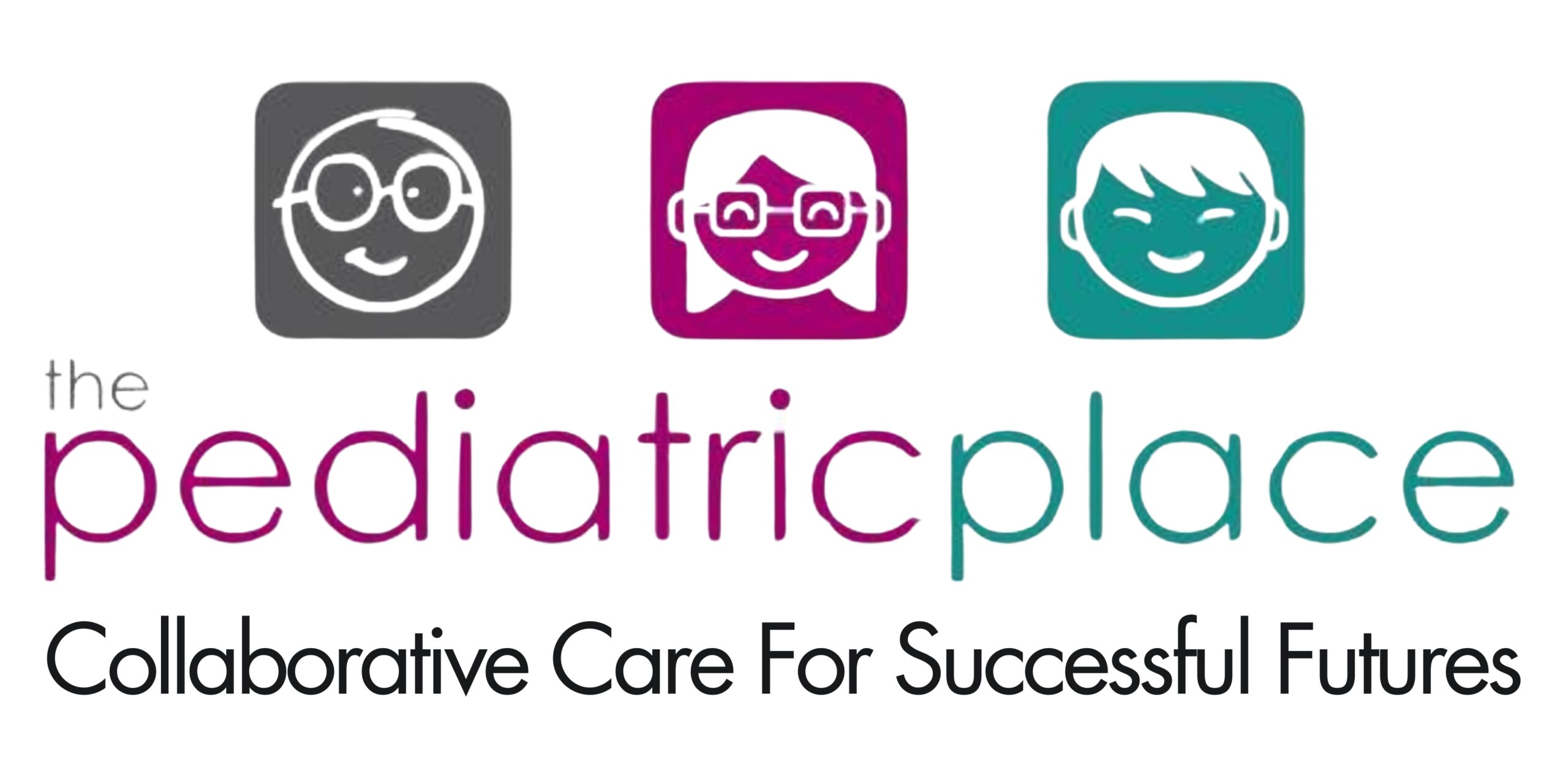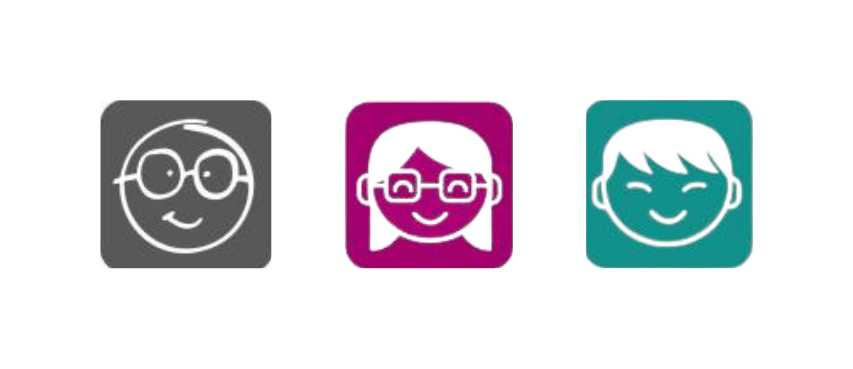Therapy Corner
April is Autism Acceptance Month!
April 1st, 2024
By Amy Wolcott, M.S. CCC-SLP
At TPP, we embrace neurodiversity and celebrate the qualities that make each child unique. Our therapists seek to honor the “specialness” of each client we serve as we help them thrive in their home, school, and social environments.
What Is Autism?
“Autism is not a processing error. It’s a different operating system.”
– Sarah Hendrickx, author
Autism Spectrum Disorder (ASD) is a neurological and developmental condition characterized by differences in the way people interact, communicate, and behave. The American Psychiatric Association’s Diagnostic and Statistical Manual (DSM-5) states that a diagnosis of ASD requires persistent differences in three areas of social communication and interaction:
- Social-emotional reciprocity. This encompasses back-and-forth conversation; sharing of interests, emotions, and affect; and ability to initiate or respond to social interactions.
- Nonverbal communication behaviors used for social interaction. This includes eye contact, facial expressions, and body language.
- Developing, maintaining, and understanding relationships. This involves adjusting behavior to the context, sharing in imaginative play, making friends, and showing interest in peers.
Additionally, an ASD diagnosis requires the presence of at least two types of restricted, repetitive behaviors. These may include:
- Stereotyped or repetitive motor movements, use of objects, or speech.
- Insistence on sameness, inflexible adherence to routines, or ritualized patterns of verbal or nonverbal behavior.
- Highly restricted, fixated interests that are abnormal in intensity or focus.
- Hyper- or hyporeactivity to sensory input or unusual interest in sensory aspects of the environment.
American Psychiatric Association. Diagnostic and statistical manual of mental disorders. 5th ed. Arlington, VA: American Psychiatric Association; 2013.
Myths About Autism
“If you’ve met one person with autism, you’ve met one person with autism.”
– Dr. Stephen Mark Shore, professor and author
People with autism are extremely diverse, and each person has unique strengths and challenges. In honor of Autism Acceptance month, we wanted to dispel some common stereotypes and myths about ASD.
- All individuals with autism have intellectual disabilities. No! Like the general population, individuals with autism possess a wide range of intellectual ability.
- People with autism are unable to form meaningful social relationships. Absolutely not! Although interactions may look different at times, people with autism can form deep, meaningful connections with family and friends (and therapists!).
- Only boys have autism. Actually, the gender gap in ASD diagnoses has begun to decrease. It is believed that many females with autism were not diagnosed or misdiagnosed due to a different presentation of characteristics or masking of typical traits.
- Autism is caused by vaccines. Although a study in 1998 linked autism with the MMR vaccine, the study’s design was proven to be inaccurate and the claims were retracted by the journal in which it was published.
How TPP Supports Children with Autism and Their Families
“We need to focus on ability, not disability.”
– Temple Grandin, professor and author
Speech Therapy
Approximately 60% of children with ASD display a language disorder. Our speech therapists are trained to support verbal language acquisition, augmentative and alternative means of communication, and social communication skills.
Occupational Therapy
TPP’s occupational therapy team can support sensory regulation to help kids feel comfortable in their environment as well as executive functioning skills, such as managing emotions, organization, planning, and initiation.
Applied Behavioral Analysis (ABA) Therapy
Our Board Certified Behavioral Analysts and Registered Behavior Technicians examine the antecedents and consequents of behaviors and create plans to empower children to be safe and successful in their environment.
Medical Nutrition Therapy
Our registered dietitian can ensure that kids are receiving adequate nutrition in their diet and provide recommendations to help kids eat healthy diets without the stress.
Quick Links
Open Hours
- Monday-Friday: 8am-6pm
- Saturday-Sunday: Closed
Get In Touch
- Email: info@thepediatricplacellc.com
- 210 S. 2nd St. Clinton, MO 64735
- 1800 W. Irish Lane Knob Noster, MO 65336

